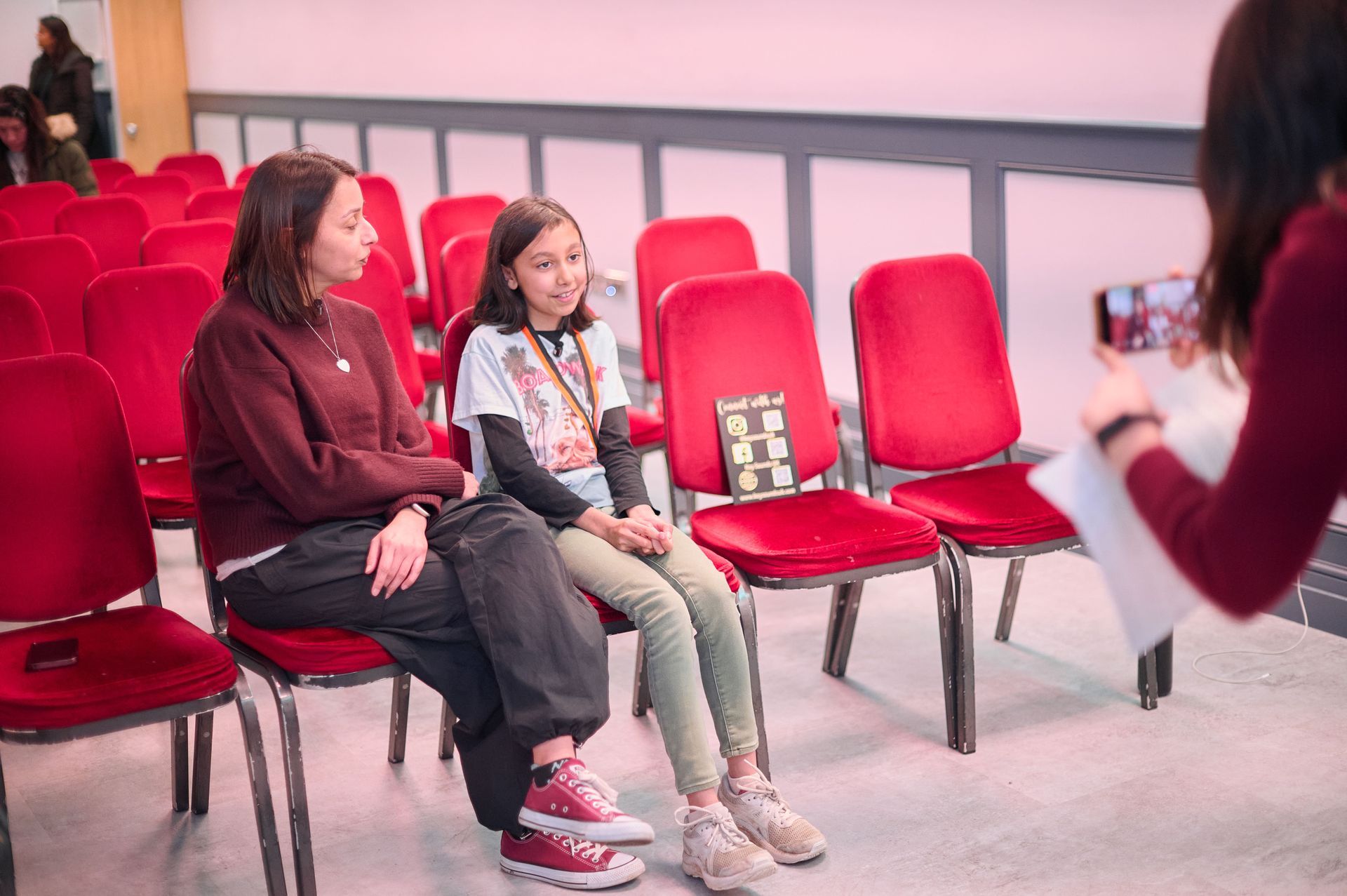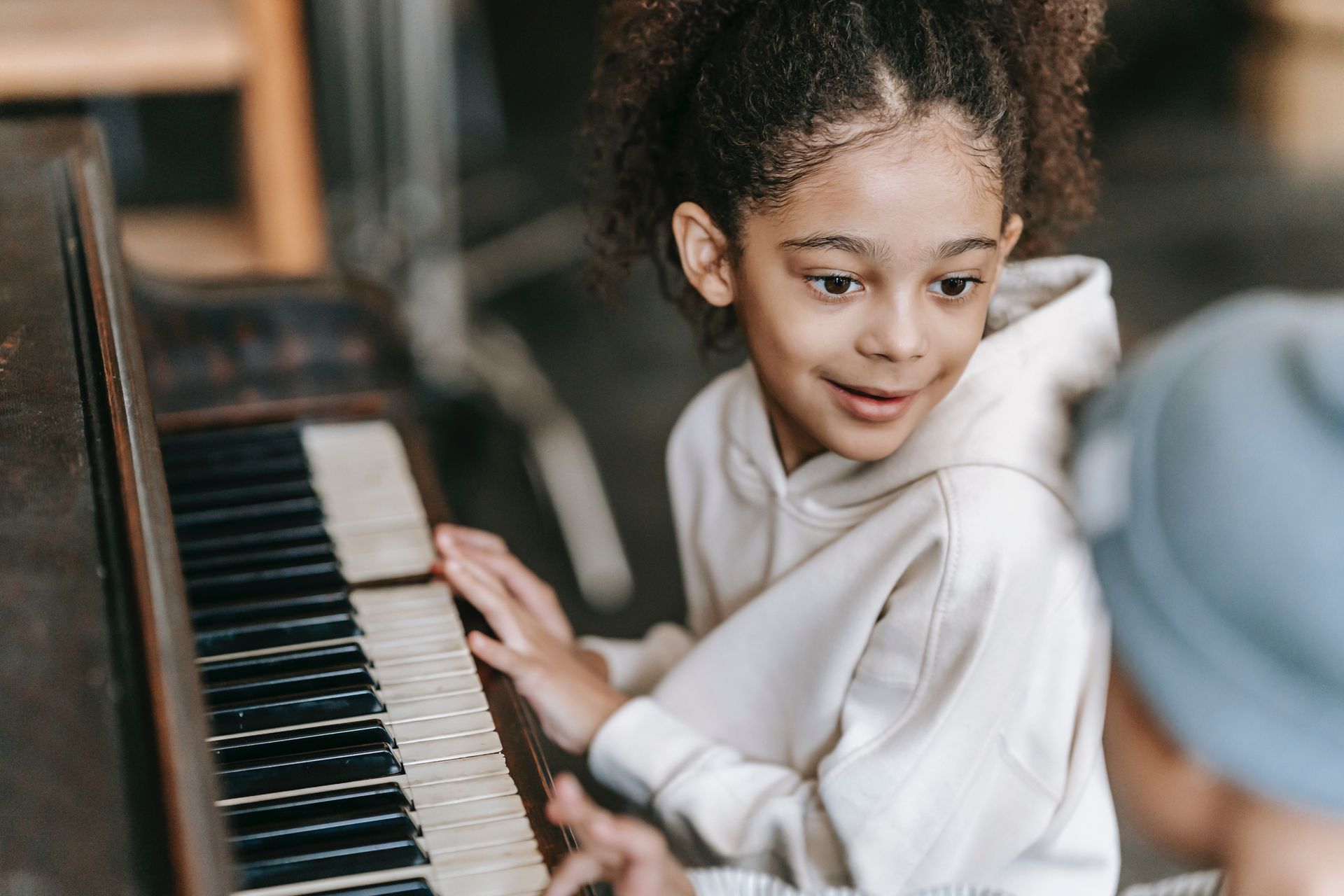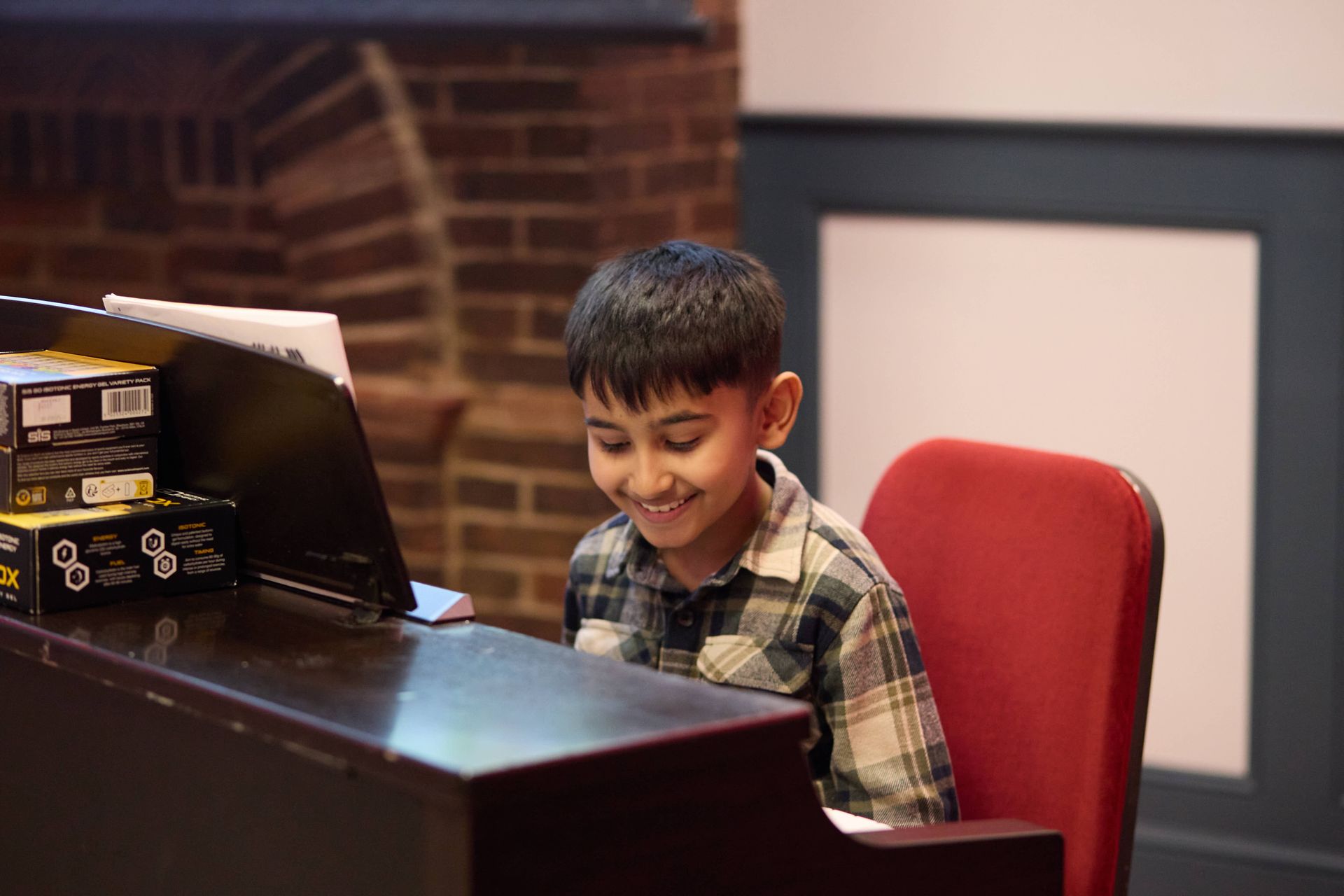Why Online Courses Work for Young Learners
In today’s digital world, children aged 4–8 are naturally drawn to screen-based learning. At Key Sounds UK, our online piano courses offer an ideal introduction to music, building a strong foundation for personalised lessons later on.
Why Online Learning Works for Ages 4–8
Tailored to Young Minds
- Short attention spans? Lessons are fun, 5–10 minute segments.
- Visual learners? Bright visuals and animations keep them engaged.
- Need repetition? Unlimited replays, no teacher fatigue.
- Love games? Interactive tools make learning playful and exciting.
Early Musical Skills Development
- Pitch and rhythm recognition
- Basic motor skills and hand coordination
- Learning musical terms and concepts
Benefits of Starting Online
Comfort & Flexibility
- Learn from home at a child’s best time
- Reduces anxiety and boosts confidence
- Parents can observe and support directly
Step-by-Step Progress
- Gradual introduction of skills
- Self-paced learning builds confidence
- Visual and audio feedback supports understanding
Course Structure at Key Sounds UK
Foundational Skills
- Simple melodies, note reading, posture
- Two-hand coordination through stories and games
Bridge to Formal Lessons
- Practice routines, sight-reading, expression
- Guided learning with real-time feedback
Smooth Transition to Personal Lessons
Tailored to Each Child
- Personal assessments to guide the next steps
- Flexible options: home visits, online lessons, studio or group classes
Why This Approach Works
- For children: Reduces pressure, builds confidence gradually
- For parents: Clear progress path, opportunity to be involved
- For musical growth: Strong technical and emotional connection to music
A Lifelong Love of Music
Our goal isn’t just to teach piano – it’s to instill joy, curiosity, and self-confidence through music. If your child is consistently engaged, asking deeper questions, or ready for new challenges, it might be time for the next step.
Check out our course ‘Five Favourite Songs for Beginner Piano Players’ here: https://stan.store/reshmipatel_/p/five-favourite-songs-for-beginner-piano-players
For any other piano related questions contact us using our form: www.keysoundsuk.com/contact



